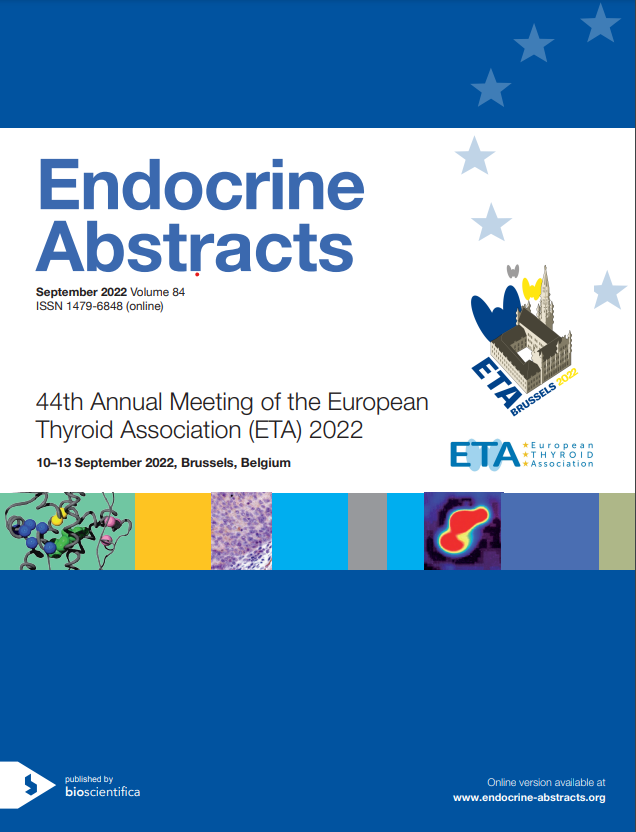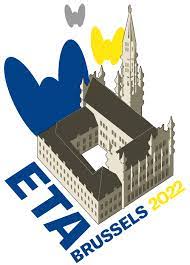Searchable abstracts of presentations at key conferences in endocrinology

44th Annual Meeting of the European Thyroid Association (ETA) 2022
Brussels,
Belgium
10 Sept 2022 - 13 Sept 2022




